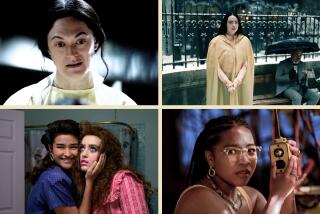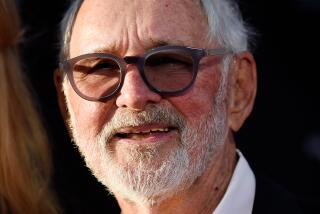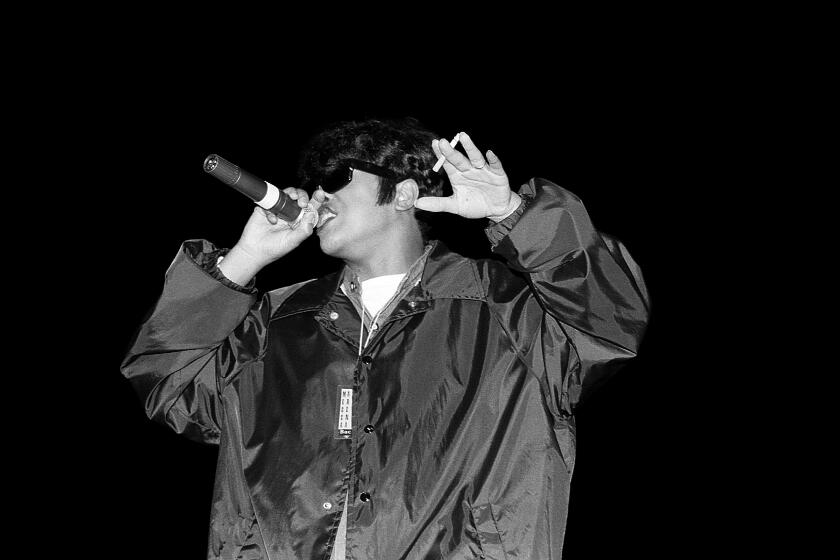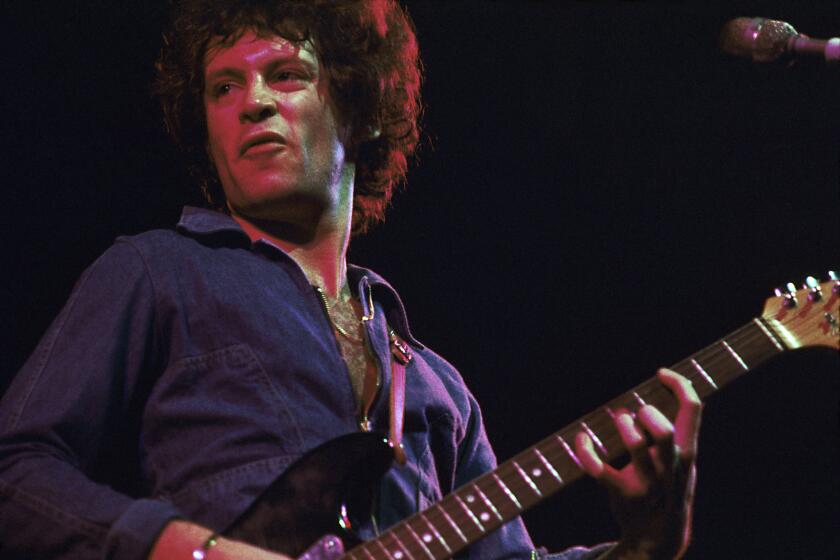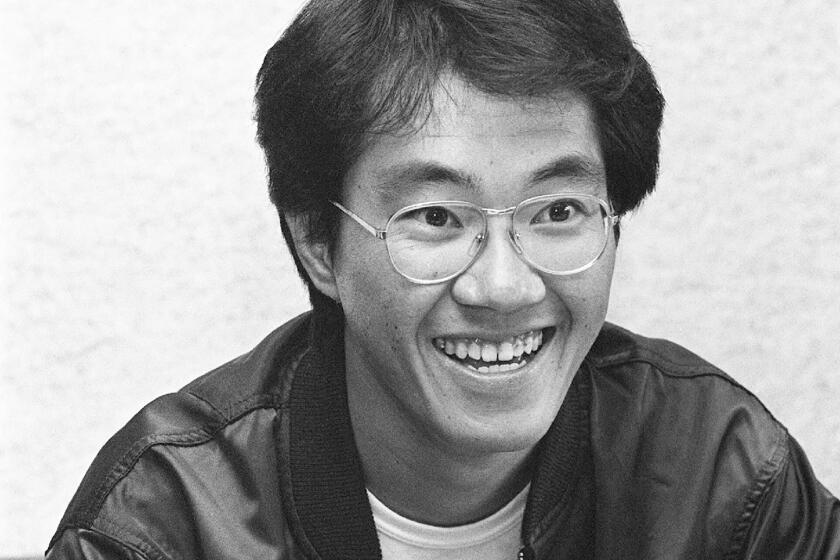Dan O’Bannon dies at 63; screenwriter of ‘Alien’
Dan O’Bannon, the acclaimed science fiction/horror film screenwriter who was best known for writing the blockbuster hit “Alien” and who also directed and wrote the zombie fest “The Return of the Living Dead,” has died. He was 63.
O’Bannon, whose credits include co-writing “Blue Thunder” and “Total Recall,” died Thursday at St. John’s Health Center in Santa Monica after losing his 30-year battle with Crohn’s disease, said his wife, Diane.
His career began with the low-budget 1974 sci-fi film “Dark Star,” a dark comedy directed by John Carpenter that began as a USC student project and was co-written by O’Bannon and Carpenter from their original story. (O’Bannon played what has been described as a “reluctant, flunky astronaut.”)
“Dan was enormously talented. He was acerbically funny and, I think, quite underappreciated,” Carpenter, who first met O’Bannon in film school at USC, told The Times on Friday. “I think Dan had more talent than he was allowed to show in the movie business. He was multitalented: a production designer, editor, director, writer.
“One of the things that endeared him to me was his rebellion against all authority, including myself, the studios, anybody who was above him. He said he kicks up, not down.”
From “Dark Star,” which tanked at the box office, O’Bannon went on to write the script for “Alien,” director Ridley Scott’s 1979 sci-fi classic about a spaceship terrorized by a hideous alien being. It was based on O’Bannon’s and Ronald Shusett’s story.
O’Bannon said in a 2003 interview that he modeled the alien’s behavior after the life cycle of parasitic microorganisms.
“One thing I realized hadn’t been exploited in science fiction movies were the physical aspects,” he told the Star-Ledger of Newark, N.J. “The real world offered many examples which were extremely loathsome, and I thought, if it’s good enough for Mother Nature, maybe it will work on an audience.
“One review said that watching this movie was like turning over a rock and finding something disgusting. That was a pretty good description of what I was going after.”
Among O’Bannon’s other credits as a writer and co-writer are “Dead & Buried,” “Lifeforce,” “Invaders From Mars,” “Screamers” and “Bleeders.”
He made his directorial debut with “The Return of the Living Dead,” a 1985 genre parody that O’Bannon described as being “to horror movies what ‘Airplane!’ was to disaster films.”
“You’ve got to ask yourself -- if you’re gonna make a movie about corpses coming back, what is there left to do? What possible approach can you take that hasn’t been done a million times with ‘Friday the 13th’ and ‘Halloween’?” he said in a 1985 interview with The Times. “The first thing I thought was, well, doggone it, there hasn’t been a rock ‘n’ roll zombie movie.”
O’Bannon, who did computer animation and graphic display work on “Star Wars,” also directed the 1992 horror film “The Resurrected.”
Born Sept. 30, 1946, in St. Louis, he studied fine art at Washington University in St. Louis and attended MacMurray College in Jacksonville, Ill., before receiving a bachelor’s degree in film from USC in 1970.
Diane O’Bannon, who first met her future husband at USC in 1970, described him as “sweet, generous and one of a kind.”
“He was a brilliant fine artist and a brilliant writer and idea person,” she said. “He studied history, he studied physics; he was a highly intelligent person. He was really a futurist.”
For the screenplay he was working on prior to his death, however, O’Bannon was examining the past: his own experiences with hospitals and pain management during his long battle with Crohn’s disease, a chronic form of inflammatory bowel disease.
“It’s called ‘The Pain Clinic,’ ” his wife said. “And, of course, it’s a sort of science fictiony/horror story about what can happen to you when you’re helpless because of terrible pain. It’s a fantasy that goes into the bizarre.”
In addition to his wife of 25 years, O’Bannon is survived by his son, Adam.
A memorial service is pending.
More to Read
Start your day right
Sign up for Essential California for the L.A. Times biggest news, features and recommendations in your inbox six days a week.
You may occasionally receive promotional content from the Los Angeles Times.
